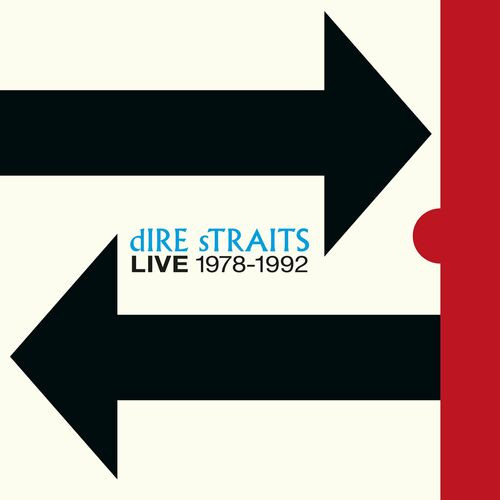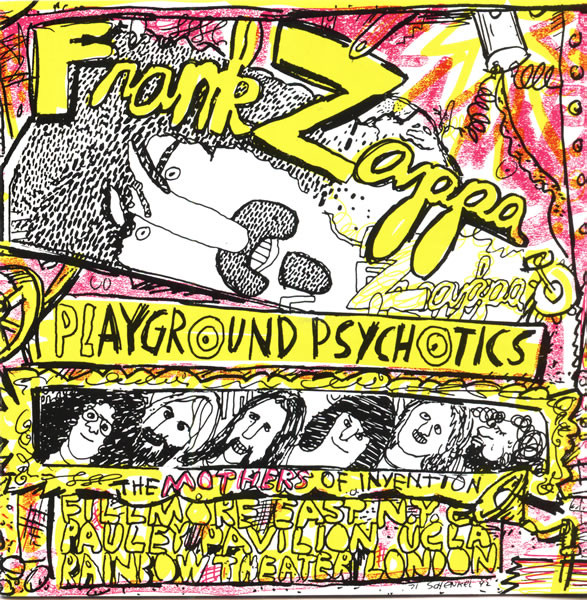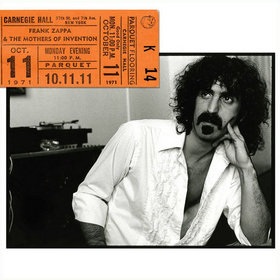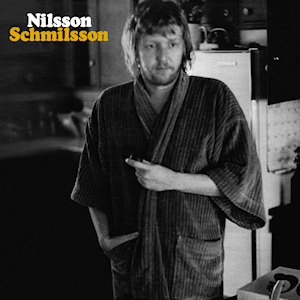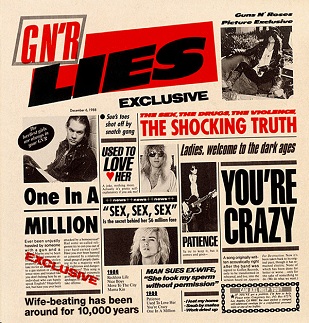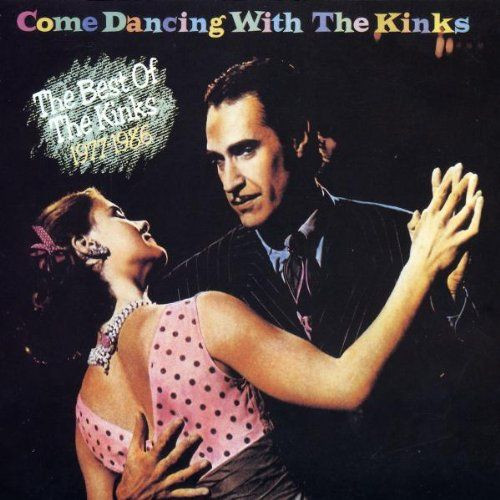Still, Todd sounded engaged throughout, but when the tour was over, he went back to Hawaii and recorded his next album completely by himself, again, on his laptop. The resulting Arena has an apt title, as the songs are guitar-driven, alternately rocking and brooding, but all designed to keep crowds on their collective feet and pumping fists.
In keeping with the last album, one-word song titles are the norm. The intricate acoustic picking on “Mad” soon gives way to power chords and pounding drums with a yelled chorus. “Afraid” harkens back to Pink Floyd’s “Learning To Fly”, but this an arguably better song overall. We start to enter a theme, first on the angry monologue in “Mercenary” and then on the blatant parody in “Gun”. “Courage” is more along the lines of an ‘80s feel-good anthem, and while “Weakness” sports sludgy riffing to suggest another attack, the chorus gives away the sensitivity. Similarly, “Strike” sounds familiar, until you hit the chorus, which could almost be mistaken for AC/DC.
“Pissin” takes down a boor at a party, but it’s mixed in such a way that the music is the focus, not the action. Synths frame the arrangement of “Today”, but “Bardo” returns to the mysticism of his mid-‘70s lyrical endeavors. Lest people think it’s getting too deep, the swaggering “Mountaintop” has a buried fable. “Panic” ramps up the tension even while telling us not to, and “Manup” is a more direct call to action.
He’s consistently made solo albums that are completely solo, but his fascination with technology and speed in the digital age have often come off cold. Not so with Arena—even the drums, which are programmed, sound real. The album may sound big and stupid at points, but it’s worth it. He even took the album on tour with a real band, this time consisting of the loyal Prairie Prince and Jesse Gress, plus Rachel Haden on bass and Matt Bolton on guitar and keys. Only seventeen years went by before The Arena Tour Live was commemorated on audio and video. After four popular tunes from his catalog, they plow through eleven of the Arena songs, encoring with “Just One Victory” and “Couldn’t I Just Tell You”, bringing the vision to life.
The New Cars It’s Alive (2006)—3
Todd Rundgren Arena (2008)—3
Todd Rundgren The Arena Tour Live (2025)—3


